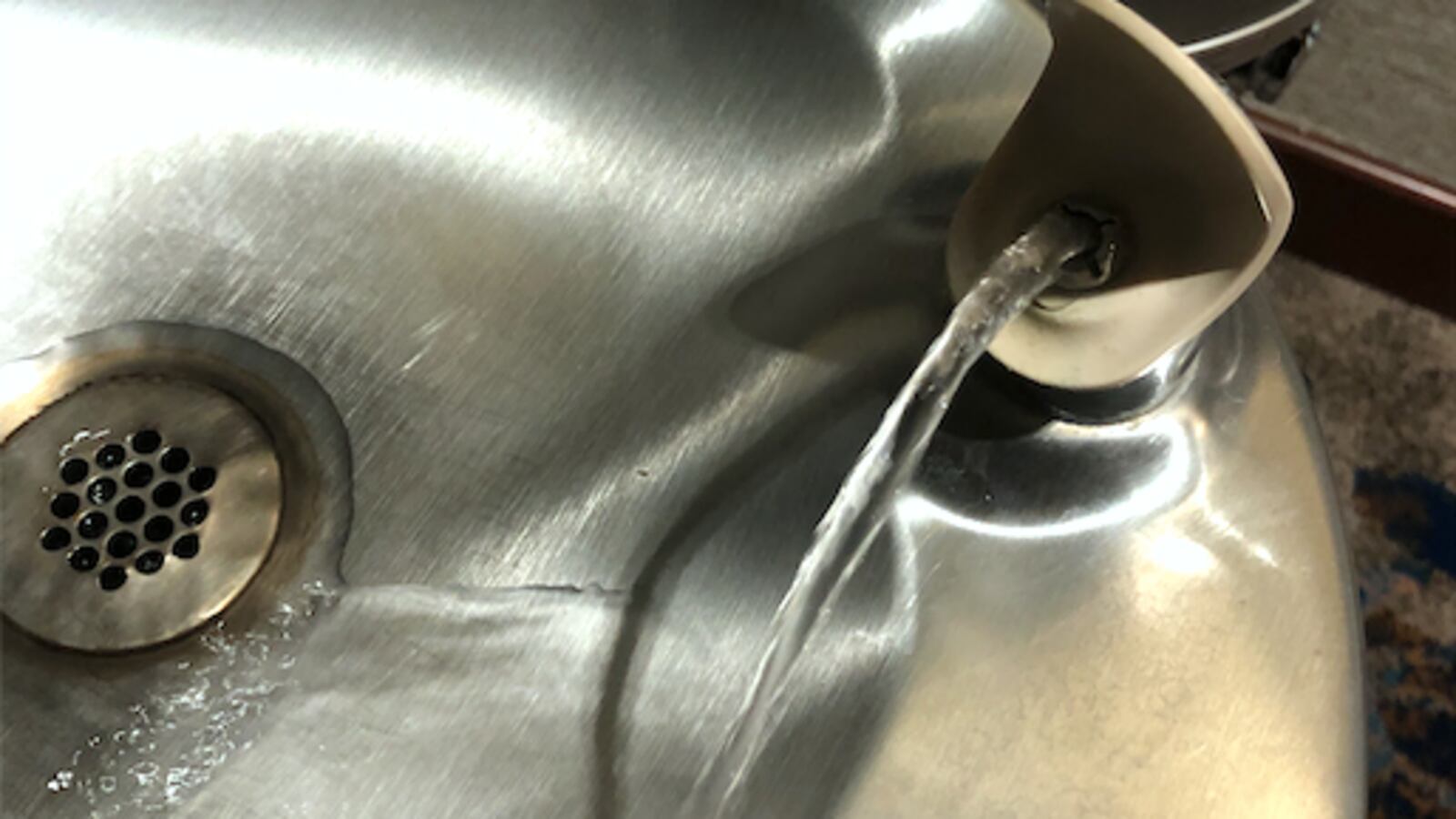As results emerge from water tests conducted in Tennessee schools under a new state requirement, concerned parents are asking what they should do next.
Both state and Memphis officials provided suggestions and resources on Friday after Tennessee’s largest district reported that 24 schools had at least one unsafe water source out of the 2,300 samples tested so far by Shelby County Schools. Results from 1,200 more samples from about 30 schools are expected to be released on Monday.
The unsafe water sources at affected schools are either no longer in use or being removed this week, district officials said.
Statewide, at least another 100 schools have tested positive for unsafe lead levels, which a new state law defines as at least 20 parts of lead per billion parts of water.
For children, ingesting even low levels of lead can interfere with brain development, cause aggressiveness or inattentiveness, and impede academic achievement, according to the U.S. Environmental Protection Agency.
Here’s what parents should know:
The Tennessee Department of Health encourages parents of children in affected schools to contact their child’s health provider.
“Since blood lead testing is the only way to determine a child’s blood lead level, parents should discuss their child’s health history with their child’s health care provider to determine if blood lead testing is appropriate,” department officials said in a statement.
Risks to children depends on factors such as child’s age, weight, amount of water consumed, and the amount of lead in the water. Schools aren’t the only places children can come in contact with lead.
“Children may also be exposed to other significant sources of lead, including paint, soil or dust,” the statement said.
If that’s too expensive, the Shelby County Health Department plans to offer free blood tests in various neighborhoods starting Tuesday.
Director Alisa Haushalter released details on where parents can get free blood testing for children in affected schools. She encouraged testing but added that parents shouldn’t feel that they have to rush.
If a blood test comes back with high levels of lead — which Tennessee considers to be 5 milligrams per deciliter of blood — healthcare providers can conduct more tests to see if the lead has entered the child’s bones or other organs.
Children are generally tested for lead when they are toddlers and annually during checkups until about age 6. About 730 children in Shelby County had high levels of lead in their blood in 2016 and 2017, Haushalter said. Lead poisoning has decreased over the last several decades as health departments and community organizations have worked together to reduce lead exposure in homes and workplaces, she said.
“We want zero children to have high lead levels,” she said.
A whole school’s water system is not necessarily in danger if a sink or water fountain has tested positive for high levels of lead.
The results are limited to specific sinks and water fountains and do not necessarily reflect all sources of water in the school.
“While these individual fountains are being taken out of service, all other active water sources in these schools are still available and safe for use,” the Memphis district said in a statement.
Still, any level of lead is unsafe for children, according to federal researchers.
So far, we’ve only seen test results for samples that test high enough to trigger a state requirement to remove the water source.
Tennessee law defines unsafe lead levels as 20 parts of lead per billion parts of water. The federal limit is lower at 15 parts per billion. Schools are required to retest water sources between 15 to 20, but aren’t required to remove them.
Have more questions?
You can search our table for Memphis and the rest of the state to find out if your school was flagged.
In Memphis, you can reach the Shelby County Health Department at 901-222-9000 or submit questions through the department’s website.
If we haven’t addressed a question you need an answer to, email us at tn.tips@chalkbeat.org.

